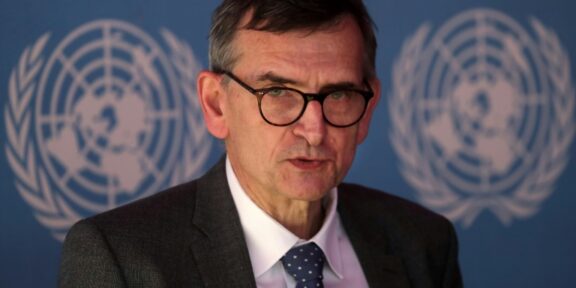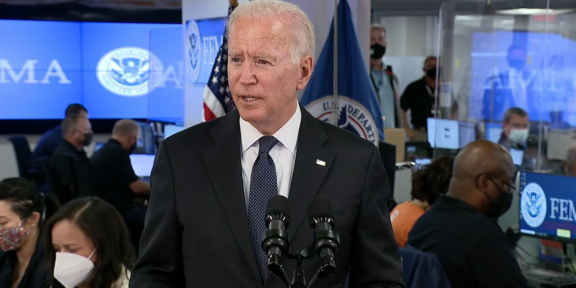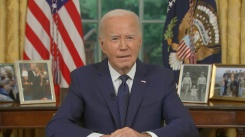by Jay DESHMUKH / David FOX
Hakainde Hichilema, Zambia’s veteran opposition politician and a business tycoon, tried six times for the country’s presidency before finally landing the top job on Monday.
With more than 2.8 million votes, he secured a landslide against his long-time rival President Edgar Lungu, who garnered just over 1.8 million of the ballots cast on August 12.
Hichilema, who has described himself as just an ordinary “cattle boy”, has contested and lost every election held in the southern African country since 2006, though he has been buoyed each time by an increased share of the vote.
In 2016, he unsuccessfully challenged the result of the presidential election, which he said was stolen from him after he narrowly lost by 100,000 votes.
This time around, the 59-year-old opposition leader latched onto widespread dissatisfaction with Lungu’s running of the economy, campaigning under the slogan “faka pressure” — meaning “put pressure” for change.
Hichilema is no stranger to controversy in the copper-rich nation, having run afoul of the authorities numerous times. He regularly mentions that he has been arrested 15 times since getting into politics
Most recently after the 2016 election, he faced treason charges for allegedly failing to give way to the presidential motorcade.
He spent four months in a maximum-security jail before the charges were dropped.
As president, Hichilema will inherit a troubled economy after years of Lunga’s infrastructure spending spree in a country where more than half the population lived below the poverty line before the pandemic.
Last year, Zambia became the first African nation to default on its debt in the coronavirus era.
At his final campaign speech in the capital Lusaka last week, Hichilema said his political drive came from “the wish to see a better life”.
“It hurts to see citizens go to bed without food in such a country,” he explained, deploring the underutilised potential of natural resources in Zambia, Africa’s second copper producer.
“Assets worth billions of dollars are yielding nothing… to better our lives,” he said.
– ‘Grit and determination’ –
Hichilema has worked hard to shed his image as an elitist who lacks the common touch.
“I’m just a cattle boy… it’s a childhood love,” he told AFP in an interview in May, describing himself as “an ordinary citizen, an ordinary African”.
He was born to a poor family in the southern district of Monze, but says his “grit and determination” at school won him a scholarship to the University of Zambia. He graduated with a degree in economics and business administration before getting an MBA degree at Britain’s University of Birmingham.
By the age of 26, he was CEO of the Zambian branch of a large international accountancy firm, according to his party.
He worked his way up to become one of the country’s wealthiest men, with business interests spanning finance, ranching, property, healthcare and tourism.
Critics view him as a political outsider, an economic jargon-touting corporate leader who was catapulted into politics following the 2006 death of Anderson Mazoka, former leader of the UPND, a party Hichilema bankrolled then.
But recently, “he has tried to blend with the ordinary (people) much more, swapping tailored business suits with casual fatigues or jeans, spinning messages which fly with the ordinary people,” according to analyst O’Brien Kaaba.
He “represents the future of Zambia,” according to Mmusi Maimane, a former opposition leader in South Africa and Hichilema’s friend.
“Despite the challenges in his nation and threats to his life, he has fought an incredible effort for democracy, freedom and change in his nation,” Maimane told AFP.
A Christian from the Tonga ethnic group, Hichilema is married and has three children.
sn-sch/lb
© Agence France-Presse







